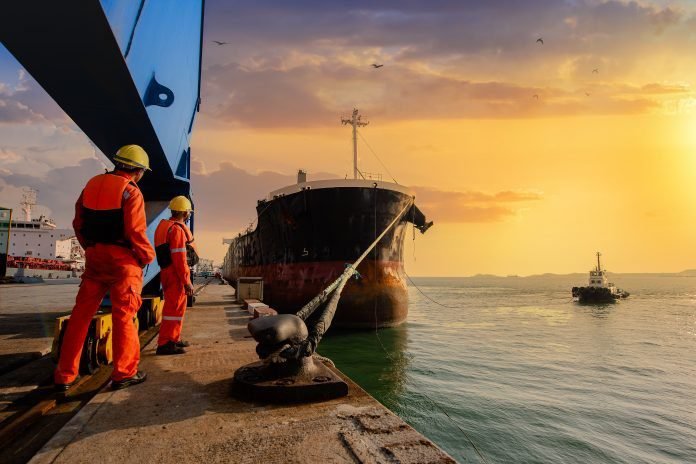The Supreme Court of Philippines has ruled that seafarers with heart ailments, such as coronary artery disease (CAD) and hypertensive cardiovascular disease (CVD), are considered work-related and compensable. Seafarers face higher rates of mortality, injuries, and illnesses due to their risky working conditions at sea. These conditions include exposure to harsh weather, physical and mental stress, and strain aboard vessels. Under the POEA Standard Employment Contract, CVD events like heart attacks and hypertension are considered occupational illnesses.
In cases where seafarers claim compensation for heart diseases, employers often deny liability by attributing the conditions to poor lifestyle choices rather than work-related factors. However, the Supreme Court has recognized the impact of a seafarer’s work environment on the development or exacerbation of heart conditions. Long years of service and heavy responsibilities can contribute to the onset of heart ailments in seafarers.
Companies may be hesitant to re-employ seafarers with heart conditions due to the risks involved. The harsh working environment at sea could worsen existing health issues and expose the company to greater insurance liabilities. Ultimately, the strain of working at sea, combined with the emotional toll of being away from family for extended periods, can significantly impact a seafarer’s health and well-being.
Share it now






